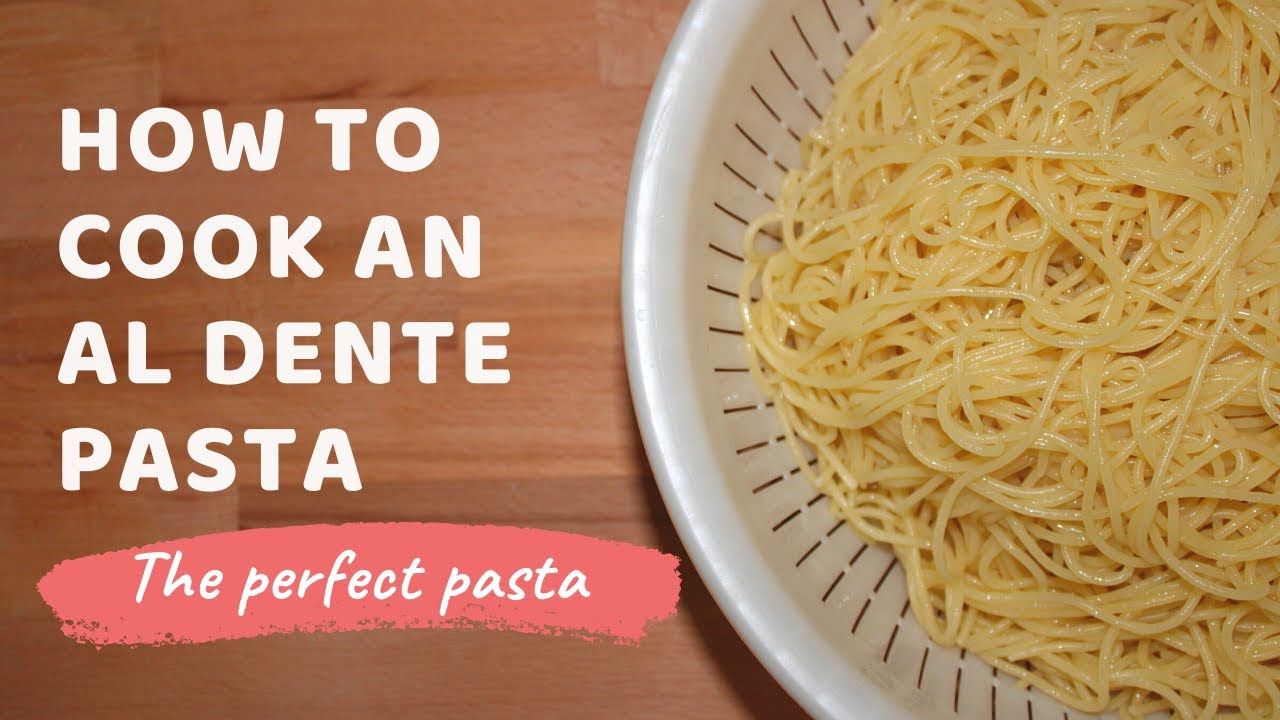
Essential Tips for Cooking Pasta Al Dente
For many food enthusiasts, cooking pasta al dente is considered an essential skill. The term “al dente” translates to “to the tooth” in Italian, indicating that the pasta is cooked just enough to be firm, yet tender. Achieving the perfect al dente texture can elevate your pasta dishes to a whole new level. Here are some essential tips to help you master the art of cooking pasta al dente like a pro.
Choose the Right Pasta
When it comes to cooking pasta al dente, selecting the right type of pasta is crucial. Different shapes and sizes of pasta require varying cooking times, so make sure to choose the appropriate pasta for your dish. For example, thicker pasta shapes like penne or rigatoni will take longer to cook compared to thinner pasta shapes like spaghetti or angel hair. Additionally, opting for high-quality pasta made from durum wheat semolina can make a significant difference in achieving the perfect al dente texture.
Use Ample Water
One common mistake many home cooks make when cooking pasta is not using enough water. To cook pasta al dente properly, ensure that you have ample water in your pot. A good rule of thumb is to use at least 4-6 quarts of water per pound of pasta. This allows the pasta to move freely in the pot and prevents it from sticking together.
Add Salt to the Water
Seasoning the water with salt is another important step in cooking pasta al dente. Salt enhances the flavor of the pasta and helps season it from within. You should add a generous amount of salt to the boiling water before adding the pasta. A general guideline is to use about 1-2 tablespoons of salt per pound of pasta. Remember, the salt will not make the pasta salty, but rather enhance its natural flavors.
Stir Regularly
Once you add the pasta to the boiling water, make sure to stir it regularly. Stirring prevents the pasta from sticking together and ensures even cooking. It also helps gauge the doneness of the pasta and prevents it from being overcooked. Be sure to follow the recommended cooking time on the pasta package and start testing for doneness a few minutes before the indicated time.
Test for Doneness
The best way to determine if your pasta is cooked al dente is by tasting it. Simply remove a piece of pasta from the pot and take a bite. The pasta should be firm, yet tender, with a slight bite to it. Remember that pasta will continue to cook slightly after you drain it, so it’s better to slightly undercook it rather than overcook it.
Shock in Cold Water
If you’re not serving the pasta immediately, it’s essential to shock it in cold water after draining to stop the cooking process. Shocking the pasta in cold water also helps prevent it from becoming mushy or overcooked. Once the pasta is cooled, you can reheat it by tossing it in a warm sauce or briefly boiling it in hot water.
Final Thoughts
Cooking pasta al dente may seem like a simple task, but it requires precision and attention to detail. By following these essential tips, you can master the art of cooking pasta al dente like a pro. Experiment with different pasta shapes and sauces to create delicious and perfectly cooked pasta dishes every time.
Remember, practice makes perfect, so don’t be discouraged if your first attempts are not flawless. Keep honing your skills, and soon enough, you’ll be cooking pasta al dente like a seasoned chef. Buon appetito!

